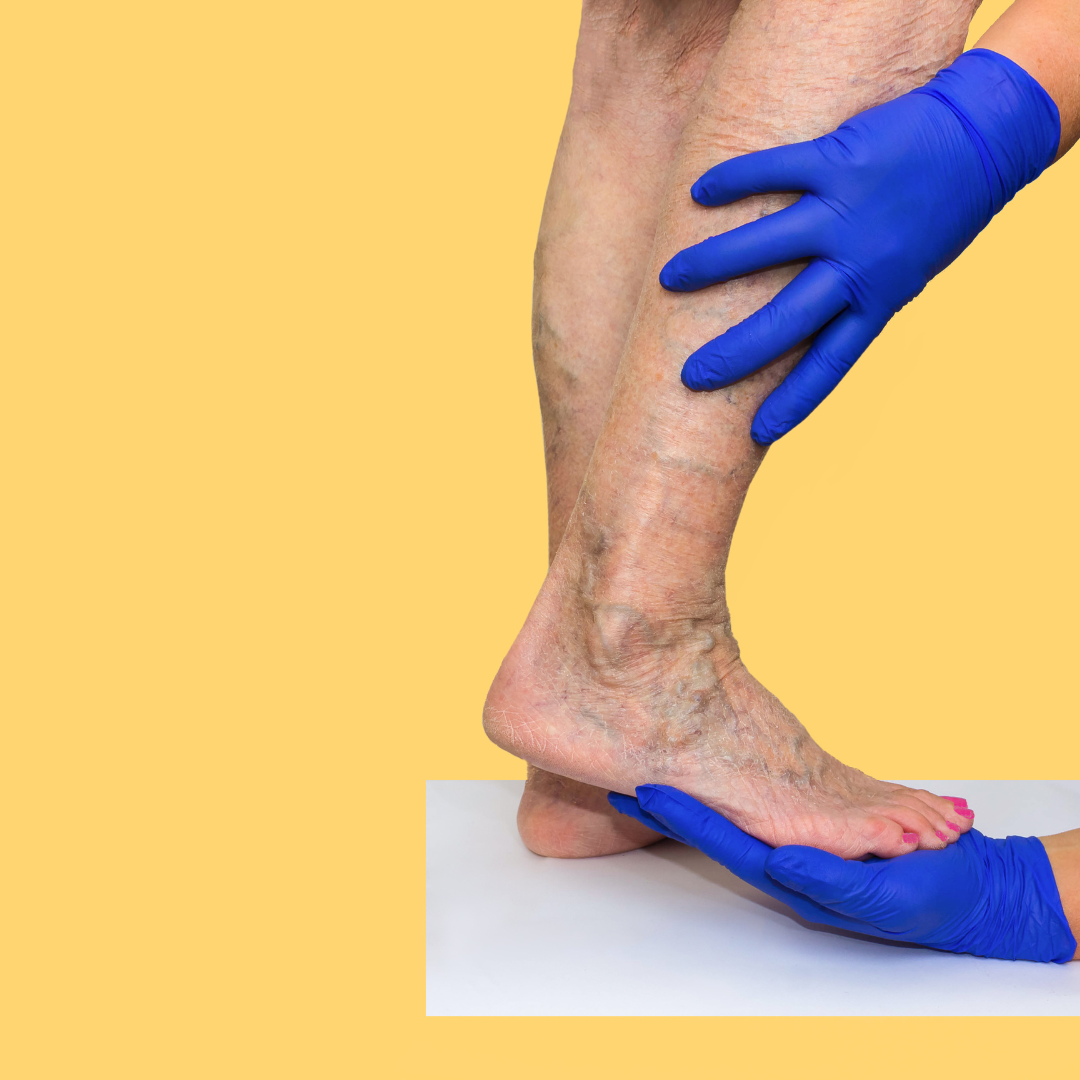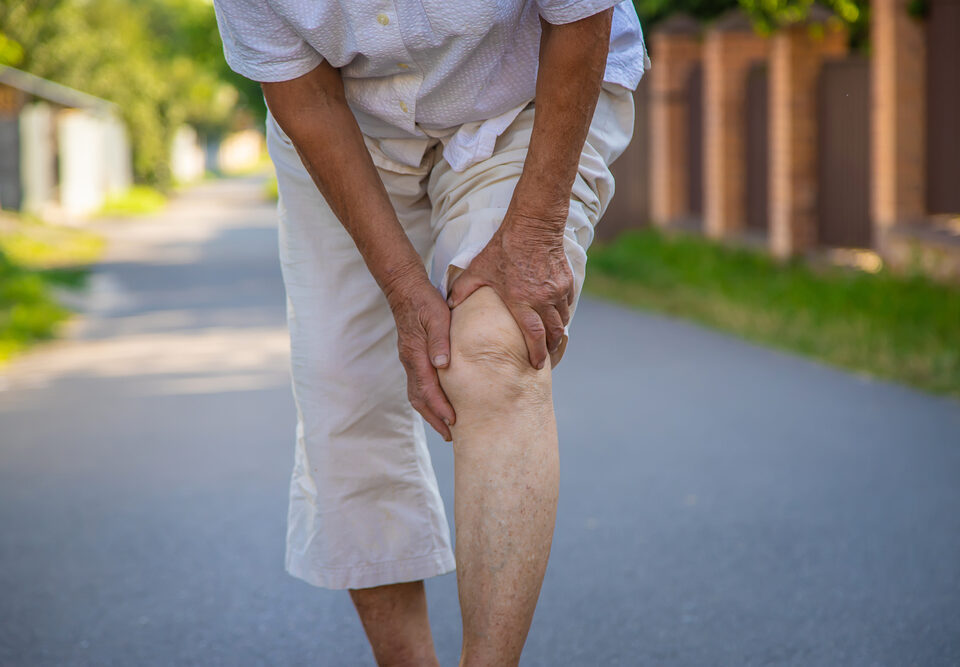
Leg Pain Specialist in Ellicott City
August 19, 2022
Top Vein Treatments Howard County
August 26, 2022Venous leg ulcers are sores that can take weeks or months to heal. If you suspect that you have a venous leg ulcer, you should speak to your doctor as soon as possible. These ulcers can worsen quickly and put you at risk of other complications.
What is a Venous Ulcer?
Also known as a venous stasis ulcer, a venous ulcer is a wound that takes longer than usual to heal. This is often due to vein and blood flow issues that occur in your legs near your ankle. It can take several months for one to heal, and in severe cases, the ulcer never heals.
What Causes Venous Leg Ulcers in Maryland?
Venous ulcers occur when oxygen poor blood can’t glow from the extremities back to your heart. Instead, it pools and creates pressure in your veins. In turn, this damages the skin tissues in the surrounding area and leads to an ulcer. Conditions like venous diseases or diabetes can put you at a higher risk of venous leg ulcers.
Who Gets Venous Leg Ulcers?
Many factors can increase your risk of venous leg ulcers. These include:
- Varicose and spider veins
- Deep vein thrombosis
- Obesity
- Smoking
- Older age
- Paralysis
- Sedentary lifestyle
- Family history of venous disease
- Previous injury
- Surgery, such as knee replacement
Identifying a Venous Leg Ulcer
How do you identify a venous ulcer? Well, they’re usually shallow, irregularly shaped sores. The skin surrounding it may be discolored and hard. Other symptoms include:
- Swelling
- Itching
- Dull ache
- Foul odor
- Pus or other fluid that oozes from the sore
Treatment for Venous Leg Ulcers in Maryland
The treatment you need will depend on the severity and location of the ulcer. Some treatments include:
- Antibiotics
- Compression bandages to improve circulation
- Ointments
- Pain relievers
- Debridement to remove dead tissue
- Referrals to specialists for management of chronic conditions
- Special bandages
- Daily wound cleaning
- Venous disease treatment
- Lymphedema therapy
- More
Vein Center for Venous Leg Ulcers in Maryland
If you suspect a venous leg ulcer, don’t wait to speak to your doctor. Early treatment can be critical to your healing. To learn more, please contact The Vein Center of Maryland.




